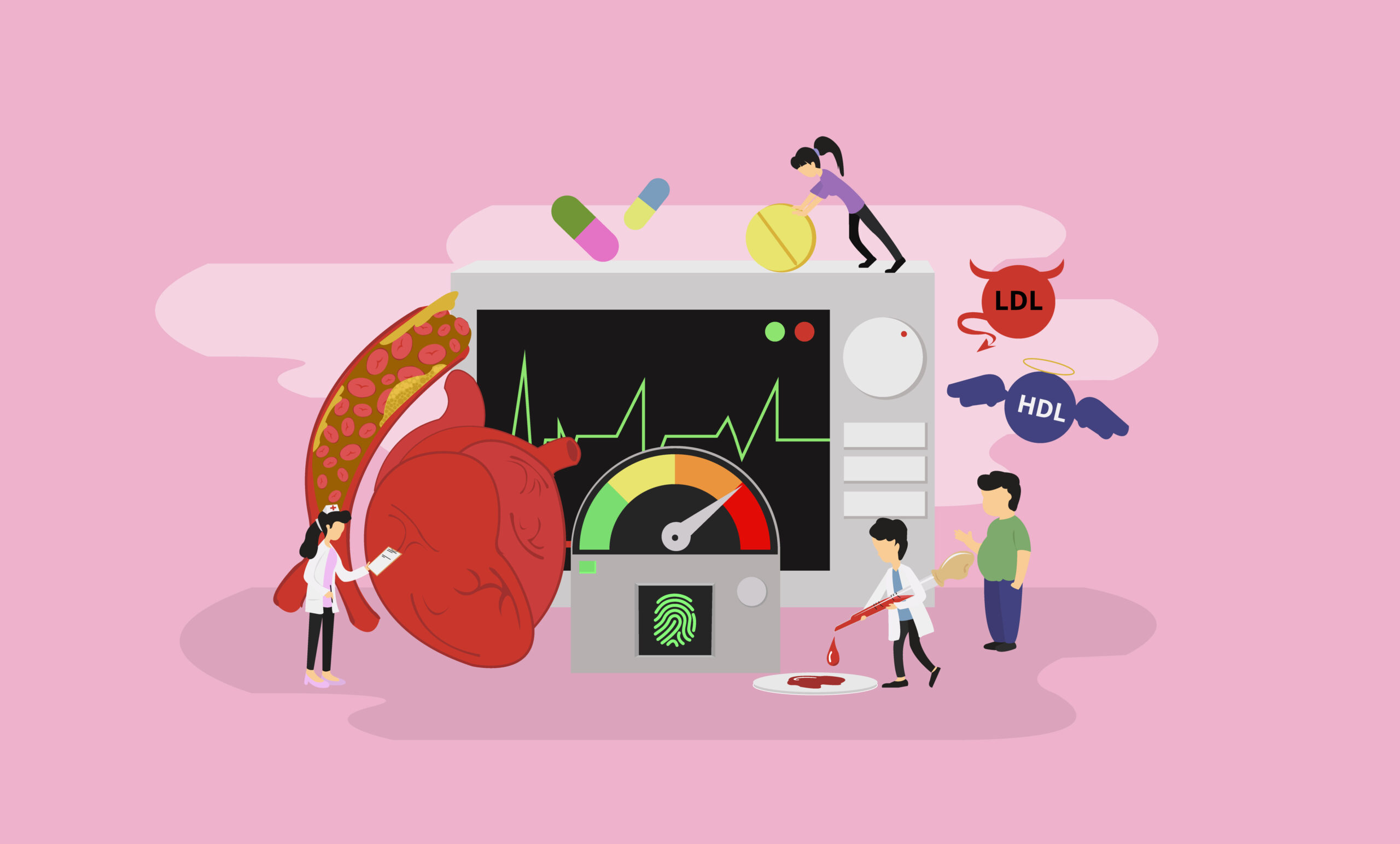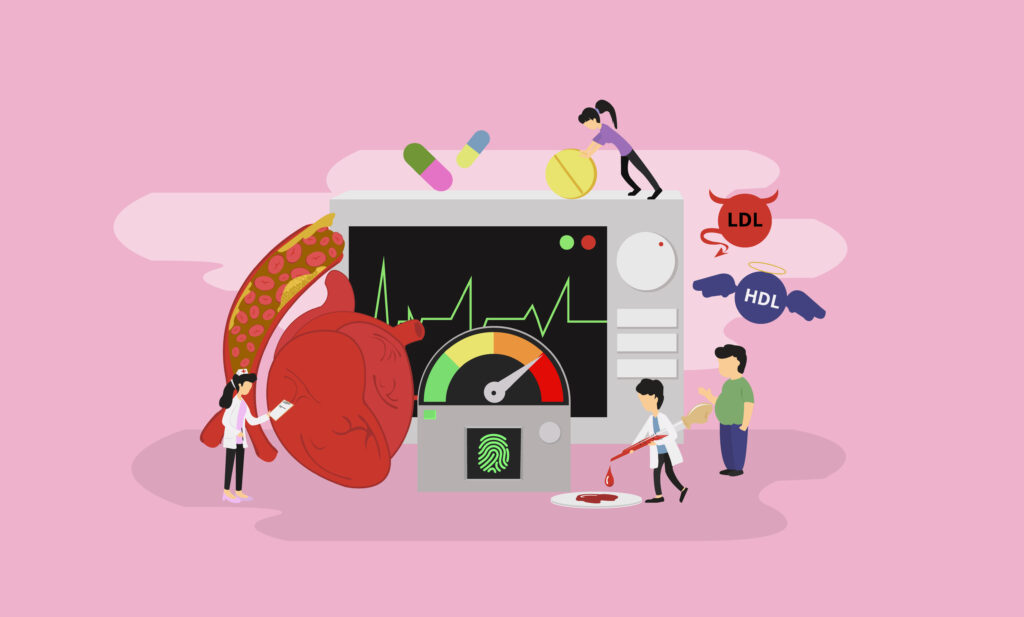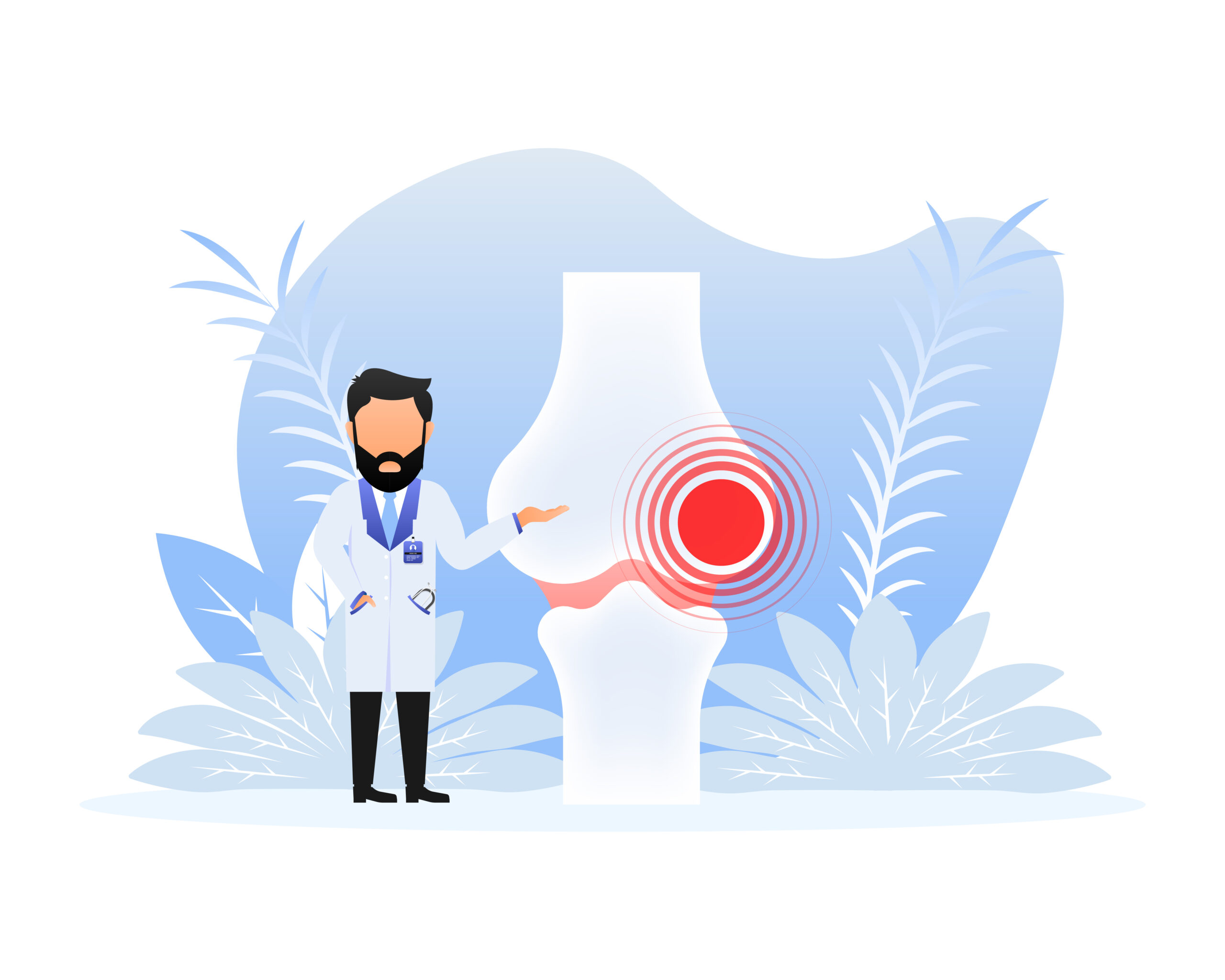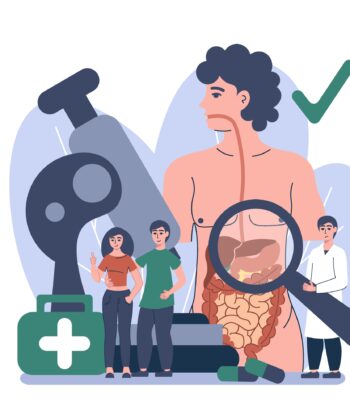

Introduction
Cholesterol is essential for our body, but elevated levels can increase the risk of heart disease. Since high cholesterol often shows no symptoms, it’s important to monitor and maintain healthy levels to protect heart health.
What Is Cholesterol?
Cholesterol is a fatty substance in the blood that supports cell and hormone production. While the liver produces the cholesterol your body needs, diet also contributes. High levels of cholesterol can form plaque in the arteries, leading to heart disease.
Causes of High Cholesterol
High cholesterol is linked to poor diet, obesity, diabetes, smoking, excessive alcohol, and lack of exercise. Lifestyle changes can significantly improve cholesterol levels and overall health.
Lifestyle Tips to Lower Cholesterol
- Exercise: Engage in 30-45 minutes of physical activity daily to lower LDL and raise HDL.
- Weight Loss: Maintain a healthy weight with regular exercise and balanced eating.
- Heart-Healthy Diet: Include fruits, vegetables, whole grains, and low-fat dairy. Avoid processed and fatty foods.
- Healthier Cooking: Use baking, steaming, or roasting instead of frying. Opt for unsaturated oils like olive or sunflower oil.
- Reduce Sugar: Limit sugar and sugary snacks to prevent higher triglycerides.
- Quit Smoking: Smoking reduces good cholesterol and increases health risks.
- Manage Stress: Chronic stress can elevate cholesterol. Practice relaxation and mindfulness.
Cholesterol-Lowering Foods
- Fruits and Vegetables: Leafy greens, tomatoes, and berries are beneficial.
- Fiber-Rich Foods: Oatmeal, apples, and beans help reduce cholesterol.
- Omega-3 Fish: Salmon and mackerel support heart health.
- Plant-Based Foods: Nuts, seeds, and avocados lower LDL.
Conclusion
Managing cholesterol is key to heart health. With lifestyle changes, a balanced diet, and regular checkups, you can keep cholesterol levels in check and protect your heart.


